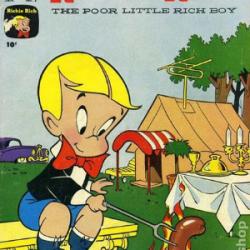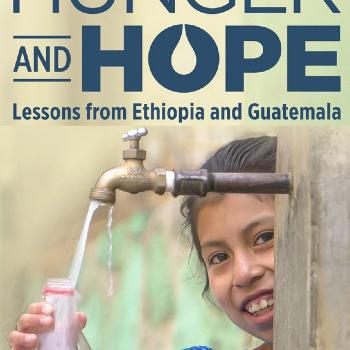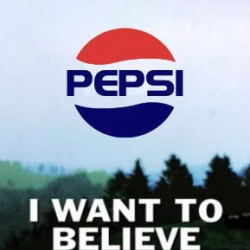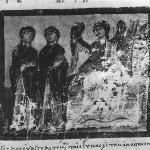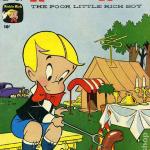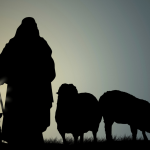Cathleen Falsani explains the background of this interview transcript:
At 3:30 p.m. on Saturday, March 27, 2004, when I was the religion reporter for the Chicago Sun-Times, I met then-State Sen. Barack Obama at Café Baci, a small coffee shop at 330 S. Michigan Avenue in Chicago, for an interview about his faith.
From the interview:
OBAMA: The way I came to Chicago in 1985 was that I was interested in community organizing and I was inspired by the Civil Rights movement. And the idea that ordinary people could do extraordinary things. And there was a group of churches out on the South Side of Chicago that had come together to form an organization to try to deal with the devastation of steel plants that had closed. And didn’t have much money, but felt that if they formed an organization and hired somebody to organize them to work on issues that affected their community, that it would strengthen the church and also strengthen the community.
So they hired me, for $13,000 a year. The princely sum. And I drove out here and I didn’t know anybody and started working with both the ministers and the lay people in these churches on issues like creating job training programs, or after school programs for youth, or making sure that city services were fairly allocated to under served communities.
This would be in Roseland, West Pullman, Altgeld Gardens, far South Side working class and lower income communities.
And it was in those places where I think what had been more of an intellectual view of religion deepened because I’d be spending an enormous amount of time with church ladies, sort of surrogate mothers and fathers and everybody I was working with was 50 or 55 or 60, and here I was a 23-year-old kid running around.
I became much more familiar with the ongoing tradition of the historic black church and it’s importance in the community.
And the power of that culture to give people strength in very difficult circumstances, and the power of that church to give people courage against great odds. And it moved me deeply.
So that, one of the churches I met, or one of the churches that I became involved in was Trinity United Church of Christ. And the pastor there, Jeremiah Wright, became a good friend. So I joined that church and committed myself to Christ in that church.
FALSANI: Did you actually go up for an altar call?
OBAMA: Yes. Absolutely. It was a daytime service, during a daytime service. And it was a powerful moment. Because, it was powerful for me because it not only confirmed my faith, it not only gave shape to my faith, but I think, also, allowed me to connect the work I had been pursuing with my faith.
FALSANI: How long ago?
OBAMA: Sixteen, 17 years ago. 1987 or 88.
FALSANI: So you got yourself born again?
OBAMA: Yeah, although I don’t — I retain from my childhood and my experiences growing up, a suspicion of dogma. And I’m not somebody who is always comfortable with language that implies I’ve got a monopoly on the truth, or that my faith is automatically transferable to others.
I’m a big believer in tolerance. I think that religion at it’s best comes with a big dose of doubt. I’m suspicious of too much certainty in the pursuit of understanding just because I think people are limited in their understanding.
I think that, particularly as somebody who’s now in the public realm and is a student of what brings people together and what drives them apart, there’s an enormous amount of damage done around the world in the name of religion and certainty.
FALSANI: Do you still attend Trinity?
OBAMA: Yep. Every week. Eleven o’clock service. Ever been there? Good service.







